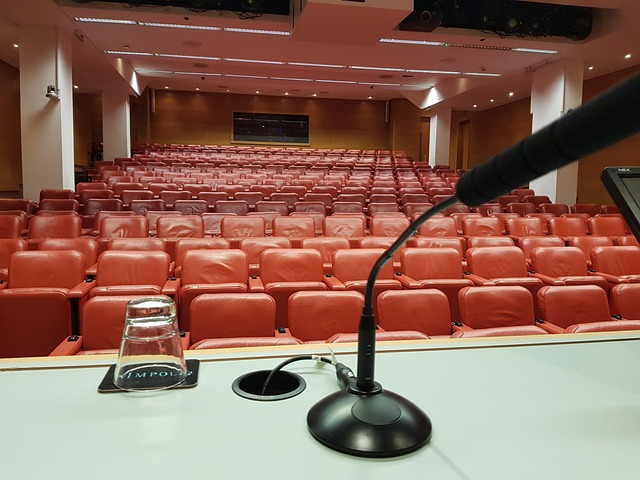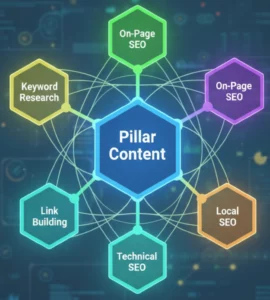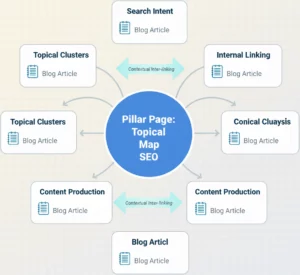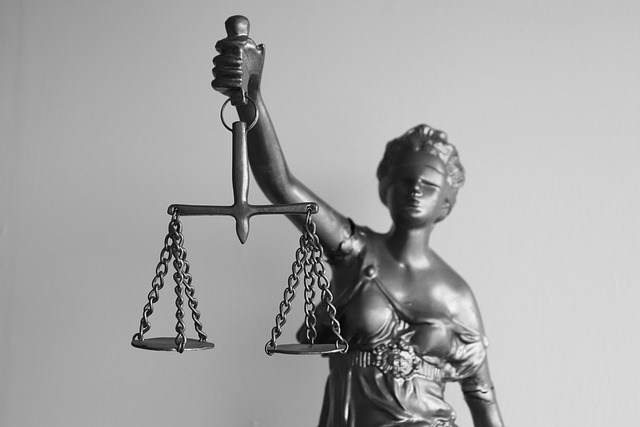
In today’s digital world, the creation of content by artificial intelligence technologies, notably AI Writers, raises crucial questions regarding copyright. This article delves deep into current legislation and the challenges brought by AI in this field.
AI Writers are increasingly involved in content creation, transforming how works are generated and disseminated. Here, we examine the issues related to copyright, seeking to address fundamental questions regarding the protection of works involving AI.
Table of Contents
ToggleThe Growing Role of AI in Content Creation and Copyright Issues
As technology continues to advance rapidly, the use of AI Writers to generate content presents unprecedented challenges for current legal systems. From data consultation to automated creation, AI is reshaping the traditional framework of the creative industry.
The aim of this article is to provide an overview of current legislative issues concerning copyright and AI writers, as well as to explore various perspectives and potential solutions. We will examine questions related to the creation, use, and protection of works generated by AI.
Current Legislative Framework for Copyright and AI
The Importance of Copyright in the Digital Era
In the modern framework, copyright plays a crucial role in protecting the interests of rights holders. In the digital age, where content is easily accessible and distributed via the internet, issues of copyright infringement are multiplying. Therefore, it is crucial to understand how current legislation adapts to these new technological developments, particularly in creative industries.
Review of Existing Legislation Concerning AI and Copyright
Governments have developed several regulations to address these issues. However, the current legislative framework has gaps when it comes to applying copyright to works generated by AI. Currently, ownership of works created by AI systems is not clearly defined, which complicates legal protection.
Different countries also have varied approaches to legislation on this issue. For example, some governments argue that AI-generated works cannot be subject to copyright, while others include exceptions for innovative technological uses.
AI Technologies and Content Creation: A Challenge for Copyright
Understanding AI as a Creator: Legal Analysis
Traditional copyright law was designed at a time when creators were always human. In the case of creation by AI Writers, several questions arise: Who owns the copyright? Does training AI Writer models constitute creation? These discussions raise issues of liability and intellectual property.
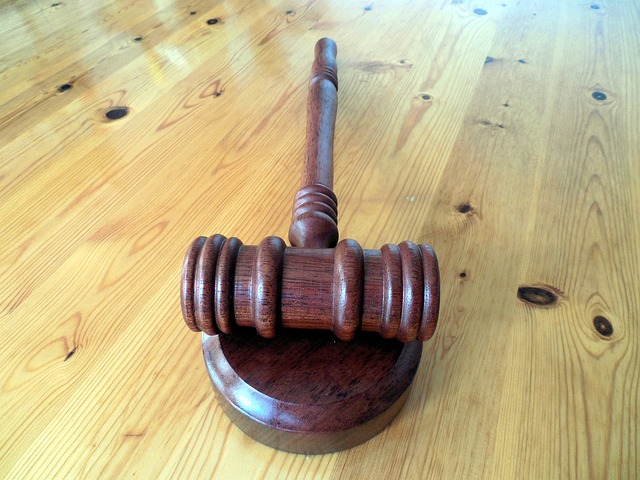
Challenges Posed by AI Writers on Ownership and Derivative Works
Another key point is the ownership of works generated by AI. Can these works be considered belonging to the algorithm creator, the owner of the database used to train the model, or another entity? This legal ambiguity raises issues of ownership and protection.
Content produced by these technologies is also subject to the question of derivative works. When AI uses copyrighted works to generate new creations, the question arises whether these new creations infringe on the copyrights of the original works.
Protection of AI-Generated Works Under Current Law
Analysis of Copyright Ownership in AI-Generated Works
Currently, legal systems generally attribute copyright to human creators. However, when it comes to works generated by AI, specific legislation is needed as they do not fully fall within the framework of traditional copyright laws.
Moral Rights and Their Applicability to AI-Generated Works
Moral rights, which protect the integrity of a work and recognize the author, also become problematic with the increase of works created by AI. Technology questions their applicability as they lack the intrinsic human aspect associated with these rights.
International Scenarios: Comparing Legislative Approaches
Case Study: How Different Countries Handle AI-Generated Works?
Policies vary significantly across countries. For example, in Japan, AI-generated works may be protected by copyright, whereas in the UK, AI works are not considered copyrightable. Consultation of international laws provides a diversified perspective on these issues.
Approaches Elsewhere in the World and Their Implications
In Europe, the debate on the ownership of works created by AI is very active. Several associations have raised recommendations to clarify this issue. In the United States, AI copyright policy could evolve to provide better protection for technological creators and holders of derivative works.
Current Debate and Legislative Evolution Perspectives
Discussion on the Need to Adapt Legislation to AI Innovations
Faced with these challenges, many experts call for a comprehensive review of copyright and AI Writer legislation. Integrated legislative development could include memoranda to address ownership and moral rights issues. Stakeholders in creative industries and technological partners are also seeking a clear answer to liability.
Concrete Examples and Recommendations for Legislative Evolution
Implementing AI technologies in content creation systems requires significant legislative adjustments. For example, creating a modern framework to classify works and determine their protection based on whether they are exclusively generated by AI or in collaboration with a human.
Implications for Authors, Artists, and Cultural Industries
Practical Consequences of Current Law and Ongoing Proposals on Creators
Creators are already feeling the impact of AI-generated works on their activities. Economic models must also adapt, with proposals for a collective rights management system. This would provide a more balanced and fair solution for authors and artists in this new digital ecosystem.
Impact on Industries Linking AI and Content Creation
Industries related to AI Writer and content creation benefit from these technologies but must also monitor legal implications. Transparency and justice become watchwords, and protective tools like specific licenses can be considered to protect both human creators and AI-generated works.
Solutions and Recommendations for a Balanced Legal Framework
Towards Collective Management of AI-Generated Works Rights?
One proposed solution is collective rights management for works produced by AI, similar to that observed in the music industry for managing royalties. Such an approach could help balance the interests of human rights holders and AI creators.
Proposals for Transparency, Justice, and Fair Compensation
The need to establish clear policies to ensure transparency and fairness in copyright distribution is crucial. One proposal is to include specific clauses in contracts for the creation and use of AI-generated works, to protect the interests of all stakeholders while facilitating technological development.
The issues related to copyright legislation concerning AI-generated works are vast and complex. It is essential to balance technological innovation with the protection of creators’ rights. Adapting current laws and establishing new regulatory frameworks are necessary steps to ensure harmonious coexistence between humans and AI in the creative field.
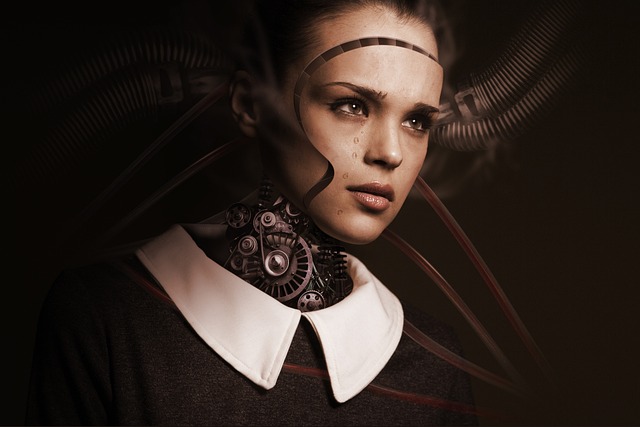
FAQ – Frequently Asked Questions
Can AI-generated works be protected by copyright?
Currently, this depends on the legislation of each country. Several governments are working on legal clarifications.
Who owns the copyright of AI-generated works?
Ownership is not clearly defined in many legal systems, posing practical and legal challenges.
Can AI be considered a creator similar to a human?
This remains a subject of intense debate. Questions of responsibility and moral rights complicate this issue.
For more information or consultations on this topic, feel free to leave us comments or ask questions below.

Eric Ibanez
Co-fondateur de Hack The SEO
Eric Ibanez a créé Hack The SEO et accompagne des stratégies SEO orientées croissance. Il est aussi co-auteur du livre SEO pour booster sa croissance, publié chez Dunod.
Suggested Articles

